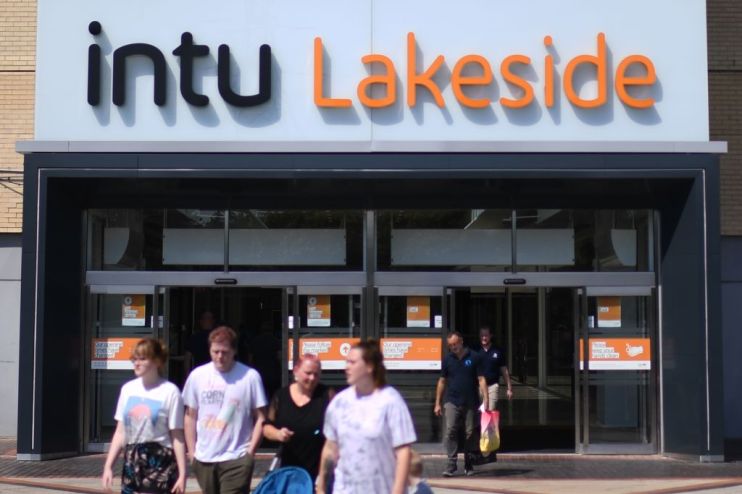Intu falls into administration after lender talks fall through

Retail landlord Intu has fallen into administration after lenders failed to agree to last-minute relief on the company’s debt obligations today.
Intu’s failure to raise new capital means KPMG will now step in to handle its administration.
Adminstrators James Tucker, Michael Pink and David PIke will lead the process.
Intu’s shares have now been suspended on the London Stock Exchange and the Johannesburg Stock Exchange and but shopping centres continue to trade.
Intu has suffered from retailers being unable to pay rent during the coronavirus lockdown.
But the shopping centre landlord had high levels of debt prior to the crisis and has been caught out by the industry’s shift to online shopping.
Intu said:
Underlying group operating companies remain unaffected and all shopping centres are continuing to trade. The intu Group’s relationships with its tenants are with these operating companies, not the companies entering administration.
The shopping centre operating companies have or are expected to enter into transitional services agreements with the Administrators of the central entities to ensure continuity of service provision by the central entities to the individual shopping centres.
The commercial property giant had won a waiver on potential breaches of its debt facility on 1 May, with the new deadline due to expire at midnight tonight.
Intu had been hoping that cliff-edge talks with its lenders would result in a last-minute deal to extend its debt waiver, due to expire at midnight tonight.
But the talks proved fruitless and KPMG will now take the retail landlord – and its empire of shopping centres – into administration.
Intu blamed “insufficient alignment and agreement in relation to the terms of such standstill-based agreements” for the talks’ failure and its fall into administration.
Richard Lim, the chief executive of research outfit Retail Economics, pointed the finger at retail landlords “stuck in an age of analogue retailing”.
He accused Intu of being “sluggish” to adapt to the impact of online shopping. Online sales have rocketed in lockdown with shops shut, but were growing at the expense of high street footfall long prior to the pandemic.
“The future for the retail property market is unsettling,” Lim added. “The impact of Covid-19 will only accelerate these trends, pushing a greater proportion of spending online while making the commercial viability of physical retail even more challenging.
“Permanent changes in the way people work, travel and communicate will also create further challenges for destinations reliant on high levels of footfall from office workers.
“Meanwhile, the shift in investment towards more mixed-use space that offers flexible office, residential and more leisure and entertainment may end up misplaced.”